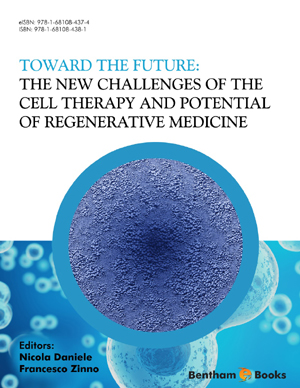Abstract
Recent advanced protocols on cell reprogramming for the generation of human induced pluripotent stem cells (hiPSCs) has improved the comprehension of the pathogenic mechanisms and the development of new drugs. In fact, disease-specific pluripotent stem cells offer an ideal platform for both cell and gene therapy protocol applications and represent a good possibility for new and personalized pharmacological treatments. Without any doubt, the most innovative therapies are those which provide a site specific gene correction, and are suitable to those diseases for which a drug’s therapy is not available. In the last decade have emerged ZFNs, TALENs, and the CRISPR/Cas9 system, tools for genome engineering, consisting of a sequence-specific DNA-binding domain and a non-specific DNA cleavage domain, that allow to correct mutated genes in vitro.
In this chapter, we focus on hiPSCs as a target cells for gene manipulation: new strategies as Zinc-finger nucleases, TALENs and CRISPR/ Cas9 have been developed to maximize the efficiency of genome editing protocols on human reprogrammed cells. Indeed, humanized iPSCs-based disease model systems exploit an individualized cellbased platform that has unlimited growth potential for novel regenerative strategies and clinical therapeutics, along with companion diagnostics, to predict and prognosticate the molecular basis of various human diseases.
Keywords: CRISPR/Cas9, Gene editing, HESCs, hiPSCs, Human diseases, TALENs, ZFN.






















